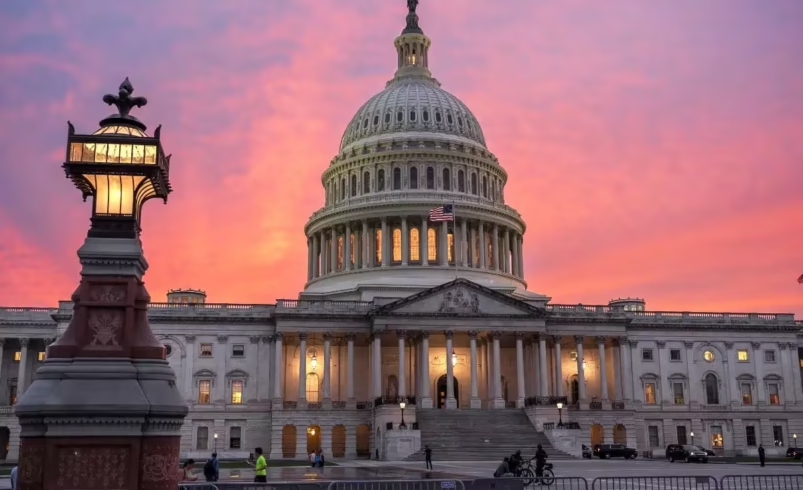US shutdown halts H-1B visas, startups fear growth slowdown
- October 3, 2025
- 0

The United States government shutdown that began on October 1, 2025, is sending shockwaves through the technology sector. With federal operations stalled, the processing of H-1B visas has come to a standstill, leaving many startups and their employees in limbo. This marks the first government shutdown in seven years under the Trump administration and has already raised alarms about its potential long-term impact on innovation and investment in the tech industry.
One of the most immediate consequences of the shutdown is the suspension of H-1B visa processing. Startups that rely heavily on skilled international workers are now facing delays in onboarding talent crucial to their operations. For many young companies, these employees form the backbone of product development and technical leadership. The uncertainty surrounding immigration paperwork threatens to slow down projects and weaken competitiveness in an already fast-paced market.
The reliance on global talent has long been a defining feature of America’s technology ecosystem. With visa approvals frozen, founders and executives are left grappling with how to retain key staff members whose legal status depends on timely government action. For some employees caught mid-process, the risk of losing work authorization is creating personal and professional anxiety that could lead to attrition at a critical time for these companies.
Beyond staffing challenges, investors are also expressing concern about how prolonged government inactivity could affect deal flow across the sector. Startups often depend on predictable timelines for hiring and scaling when negotiating with venture capital firms or strategic partners. The current disruption introduces new risks into those discussions, potentially slowing down funding rounds or deterring investment altogether until clarity returns.
This is the first federal shutdown in seven years, underscoring its rarity but also highlighting its sweeping effects across industries dependent on government services. While larger corporations may be able to absorb temporary disruptions more easily, smaller startups often lack such buffers. Their agility is an advantage during normal times but becomes a vulnerability when external processes like immigration grind to a halt.
Industry experts caution that if the shutdown continues for an extended period, it could have lasting consequences for America’s position as a global leader in technology innovation. Slowed hiring pipelines may push talent to seek opportunities elsewhere, while delayed funding could stifle promising ventures before they gain traction. The combination of workforce instability and financial uncertainty poses a serious challenge to growth across the startup landscape.
The ongoing government shutdown has created an environment of unpredictability for technology startups that depend on both international talent and steady investment flows. While some companies may find temporary workarounds, many are bracing for deeper disruptions if federal operations do not resume soon. For now, founders, employees, and investors alike are left waiting — uncertain about how long this pause will last or how much damage it might inflict on future innovation in the United States tech sector.